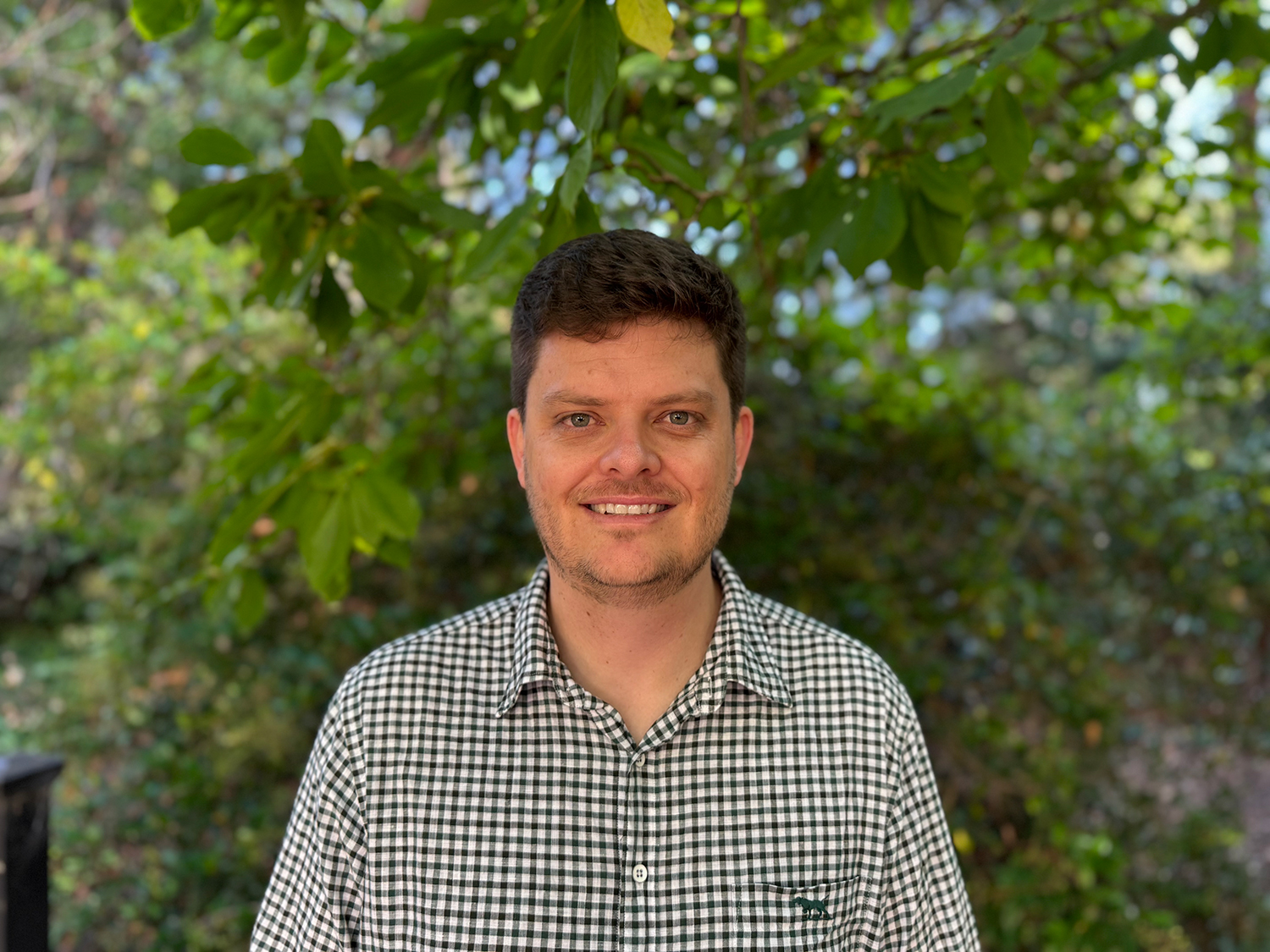
5 Questions
Meet Dillon Hammill
Sr. Computational Biologist

When did you join Ozette?
What motivated you to become a Computational Biologist?
My journey into the field of Computational Biology has been driven by a passion to unravel and understand the immunological complexity of cancer. With a background in immunotherapy, I became increasingly fascinated by how the immune system interacts with cancer cells. This interest led me to work extensively in the lab, where I gained hands-on experience designing, developing, troubleshooting and interpreting complex biological assays.
One of the key technologies that captivated my interest was cytometry, which provides high resolution phenotypic insights into the immune dynamics of tumours. The ability to analyse and quantify cellular populations at an unprecedented level of detail opened my eyes to the immense potential for understanding immune responses in various contexts. However, I quickly recognised the limitations of current practices, particularly the manual bias that can arise in data analysis. This motivated me to explore open-source software tools and how software development could address these issues, enhancing the accuracy and reliability of results. Combining my extensive lab experience with self-taught programming and computational approaches gave me a unique opportunity to innovate and improve existing methodologies and develop CytoExploreR. Integrating software tools into the analysis process not only helps mitigate bias but also streamlines the interpretation of complex datasets, making it a powerful asset in cancer and immunological research.
What prompted you to come to Ozette?
I had been collaborating with members of the Ozette team for several years before the company formally launched, and when the opportunity arose to join in an official capacity, I didn’t hesitate. What drew me in was the shared mission—creating scalable, accessible, and efficient analysis solutions for cytometry. During my time developing software-based on open-source, I became increasingly aware of the limitations in how the field analyzes high-dimensional data. The cytometry community has been operating under outdated paradigms, and I saw Ozette as a chance to work alongside leading experts to fundamentally change that.
From an immunology standpoint, the complexity and clinical relevance of the data Ozette works with continues to be especially compelling. In academic labs, datasets are often pre-clinical and relatively controlled. At Ozette, we’re working with large-scale clinical data from a variety of sources, which presents a richer, more complex challenge—one that aligns perfectly with my multidisciplinary background in tumor immunology, experimental design, cytometry, and data analysis.
Joining Ozette offered a rare chance to apply my expertise at the intersection of biology and computation, contribute to a world-class team, and help our partners generate better insights and more reproducible results.
What does a typical day at Ozette look like?
Working remotely from Canberra, Australia, my days are most of the team’s nights at Ozette but they are still highly collaborative and cross-functional. I have the unique opportunity to engage with nearly every group—Data Science, Lab, Product, and Engineering—bringing my multidisciplinary background to bear across a wide range of projects.
Much of my time is spent consulting on both pre-clinical and clinical projects, where I help identify and resolve data quality issues and ensure that the data is optimal for analysis within the Ozette Platform and delivering the highest quality results for our partners. I work closely with our Lab team on panel development and assay design, making sure our experimental setups yield the highest-quality data possible.
I also collaborate with the Product and Engineering teams to inform platform development and test new features—offering feedback grounded in real-world assay and analysis experience. A recent focus has been on developing tools to improve spectral unmixing workflows as part of the Ozette Resolve launch. Every day at Ozette offers a chance to make an impact across the organization and for our partners.
What does the future look like at Ozette to you?
To me, the future of Ozette is about setting a new standard for single-cell data analysis—one that is robust, reproducible, high-resolution, and fast. We’re building a platform that analyzes data and delivers actionable biological insights that accelerate drug development, improves diagnostics, and ultimately guides treatment decisions.
With tools like Resolve, we’re addressing foundational issues in data quality—specifically around spectral unmixing and compensation—which have long limited the reliability of cytometry data. By ensuring high-quality inputs, we empower our Discovery™ and Endpoints™ products to extract meaningful insights that clinicians and researchers can trust and act on.
What excites me most is the potential to go beyond cytometry. Integrating insights from multiple data modalities will allow us to better understand disease biology and personalize care at the immune system level. With Ozette, we are improving how we analyze immune data and we’re transforming how it’s used to treat patients, monitor disease progression, and make faster, more informed decisions in clinical settings.
